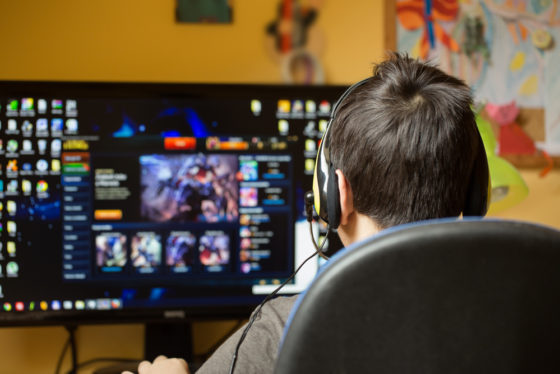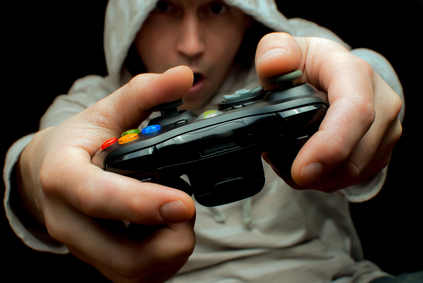Partner content
When does gaming get too much? Experts answer parents’ questions


Gaming. The word triggers worry and fear in many parents and caregivers. Gaming addiction is a growing problem but at the same time, kids who game are acquiring valuable knowledge and skills.
Gaming makes digital environments and experiences familiar and helps them understand gamification (using game design and game principles outside of gaming) which is a tool being used by companies and organizations such as ING, Nike, Starbucks and Microsoft to engage people, sell products and services, and influence behaviour.
What is the difference between healthy and unhealthy gaming? How much should kids game per week? How does gaming affect kids’ brains? How can adults more proactively guide and manage gaming activities in your home? What can adults do if they suspect that gaming is having a negative influence on a child?
These issues and more will be explored during NewTechKids’ upcoming ‘Kids and Gaming’ seminar for parents, caregivers and teachers on Sunday, November 24. The seminar will take place at the Amsterdam public library near centraal station from 13:00 – 17:00.
No definitive guidebook
According to Deborah Carter, NewTechKids’ Founder and the seminar’s moderator, ‘there is no definitive guidebook which parents and caregivers can turn to for help with managing their children’s online gaming activities’.
The goal of this seminar, she says, is to provide them with useful information and tips from experts so that they can develop their own strategies and make informed, deliberate choices about gaming.
Attendees will gather both information and practical tips through talks, demos and interactive discussions, all related to improving their understanding of gaming and its implications for children in primary and high school.
Themes to be covered include:
– the many different types of online games and their pros and cons for kids
– game design and the features and tactics used by gaming companies to influence kids
– the business models which drive the gaming industry and influence kids gaming activities
– how parents, caregivers and kids can work together to establish healthy gaming rules and practices
– what to do if adults suspect that gaming is having a harmful effect on a child
Attendees will hear from a cross section of speakers who will present gaming from different angles and encourage attendees to stretch their thinking and attitudes towards gaming.

Confirmed Speakers
Leonie Kamps, a researcher/pyschologist at the Trimbos Institute, will talk about the Institute’s research and her work with Gamen InfoLijn: gameninfo.nl and a 24/7 phone line which provide tips and advice about gaming for parents and educators.
Emiel Kampen, a game designer and teacher at Utrecht University of the Arts (HKU), will talk about player types, game features and hormone triggers to help attendees gain a deeper understanding of the impact that different games can have on their respective audience.
Jain van Nigtevegt and Antonio Hoogervorst, from Flavour, an Amsterdam-based game design company, will provide a crash course in the rules of gameplay. They’ll analyze HackShield, their award-winning game which teaches kids about cybersecurity, to show how gaming can be used for learning.
Bram Stamkot, head teacher at NewTechKids, will discuss the business models behind gaming and how they influence kids.
Araceli Thomas, a mother / game designer turned media coach, will discuss how she has used her background in game design to develop a structured approach for guiding her children’s gaming activities based on rules, conditions, levels and rewards.
Victor van Rossum, a former gaming addict, will share his personal story of being addicted to gaming for more than seven years before fully recovering.
Rudi Voet, senior family counsellor at the Yes We Can Youth Clinics, will talk about helping kids and their families deal with unhealthy gaming and gaming addiction through therapy.
Thank you for donating to DutchNews.nl.
We could not provide the Dutch News service, and keep it free of charge, without the generous support of our readers. Your donations allow us to report on issues you tell us matter, and provide you with a summary of the most important Dutch news each day.
Make a donation